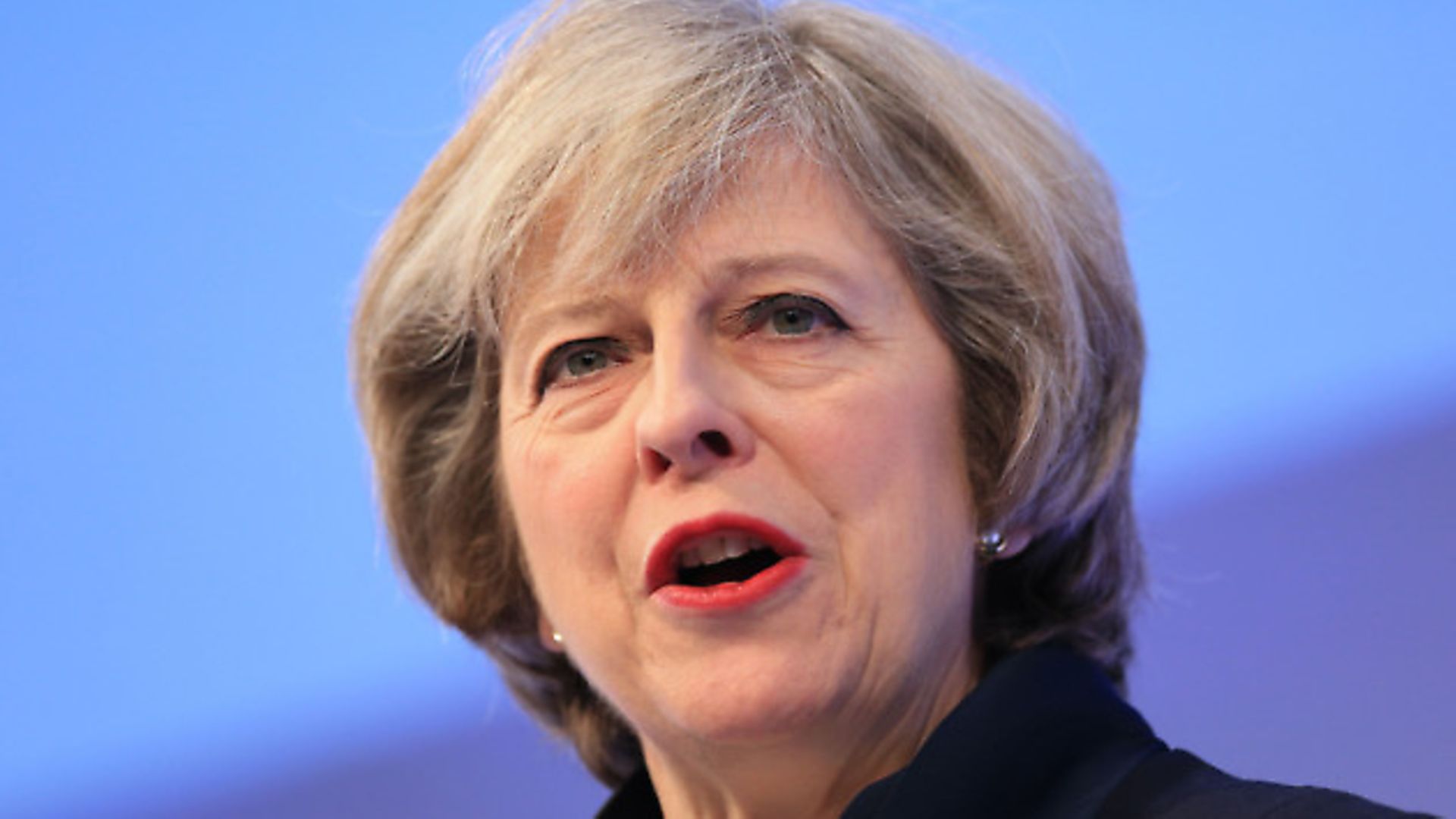
The irony of Theresa May choosing Davos to make her first foreign defence of taking Britain out of Europe is that the Swiss are going in exactly the opposite direction.
Three years ago in a referendum in Switzerland on immigration, the Swiss narrowly voted to ban Europeans entering to work in the country.
A quarter of the Swiss population is European or foreign born and sectors like tourism, construction, old age care depend entirely on EU workers inside the country or those on Swiss borders who cross freely to work for Swiss firms before returning home to France, Italy or Germany. Brussels politely but firmly told the Swiss that if Berne did indeed impose discriminatory measures against Europeans then access to the Single Market would be lost.
The rightwing nationalist Swiss People’s Party had made its name as anti-EU but it is funded by Swiss business and business leaders made clear that losing access to the Single Market was economic suicide.
In the debate over free movement few have examined the case for internal controls on immigration rather than external controls like demanding work permits, quotas, or not allowing any European into the UK without a job offer in writing. These protectionist measures date from decades ago but have resurfaced as politicians, Labour as much as Tory and UKIP, have interpreted the Brexit vote as a call to shut the door to Europeans.
So the Swiss came up with a way of controlling immigration based on internal controls rather than reverting as May seems to want to do to archaic work, resident and travel visas and permits with its cumbersome bureaucracy. These internal controls are based on a requirement in some cases for firms to advertise posts with local job centres. Although EU workers can go to the job centres, it’s not a simple matter to hang around in Switzerland waiting for work given the high rents and requirement for residents to register with the authorities. The compromise has been accepted by Brussels.
Now Austria’s social democratic chancellor Christian Kern has made a similar suggestion for controlling EU migration: to let local employers hire Austrians before other EU citizens, unless there are no suitable candidates. Next year Austria goes to the polls. The strong showing for the far right Austrian Freedom Party (FPÖ) in December’s presidential election means the social democrats need to regain working class votes.
Advertising jobs locally isn’t the only type of internal control that fits within the EU rules. Qualification requirements for particular jobs and ID checks on social security contributions are other options. This could have been a model for the UK instead of directly confronting the EU by imposing cold war era external controls on workers from Europe who want to add to the British economy.
But May has decided to reject the Swiss model in favour of endorsing the anti-immigrant rhetoric of the Daily Mail and Telegraph. It would be nice to believe she might have had a tutorial in how the Swiss solved their referendum conundrum before this week’s big speech but, as Switzerland stays close to the EU, she is set on a fundamental rupture.
Denis MacShane is a former Minister of Europe. He worked for 15 years in Switzerland before becoming an MP. He is a Senior Advisor at Avisa Partners and author of Brexit: How Britain Will Leave Europe (IB Tauris)
This article originally appeared on InFacts









